

Chuồng Chó Chạy Xích Mạ Kẽm 3M * 1.8M * 2M/Chuồng Chó Nhà Chơi/Chuồng Thú Cưng Ngoài Trời Có Mái Che


Mạ kẽm giá rẻ 10x10x6 nhiệm vụ nặng nề ngoài trời Chuỗi liên kết con chó lớn chạy kennel Bảng điều chỉnh nhà bao vây kim loại lồng


Chất lượng cao một số kích thước vật liệu thép nặng hai cửa, bao gồm có thể tháo rời vệ sinh khay sắt hàng rào Lồng chó

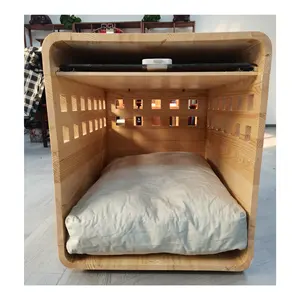
Pet thân thiện với nhà sản xuất tùy chỉnh đồ nội thất nhà chó gỗ Acrylic con chó Thùng gấp lên nhà di động cũi đóng mở


Chuồng Chó Xl Bền Bán Chạy Chuồng Chó Bọc Dây Bột Sắt Có Thể Gập Lại Được Chuồng Thú Cưng Chuồng Thú Cưng


Thép không gỉ 304 chó kennel, tốt nhất trong nhà chó kennel ý tưởng chuyên nghiệp chó cũi & sàn kế hoạch









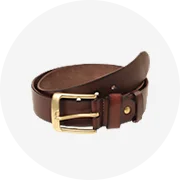










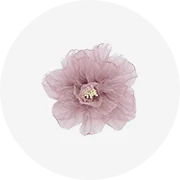
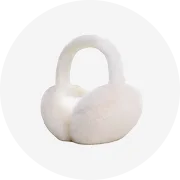


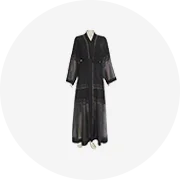








 浙公网安备 33010002000092号
浙公网安备 33010002000092号 浙B2-20120091-4
浙B2-20120091-4